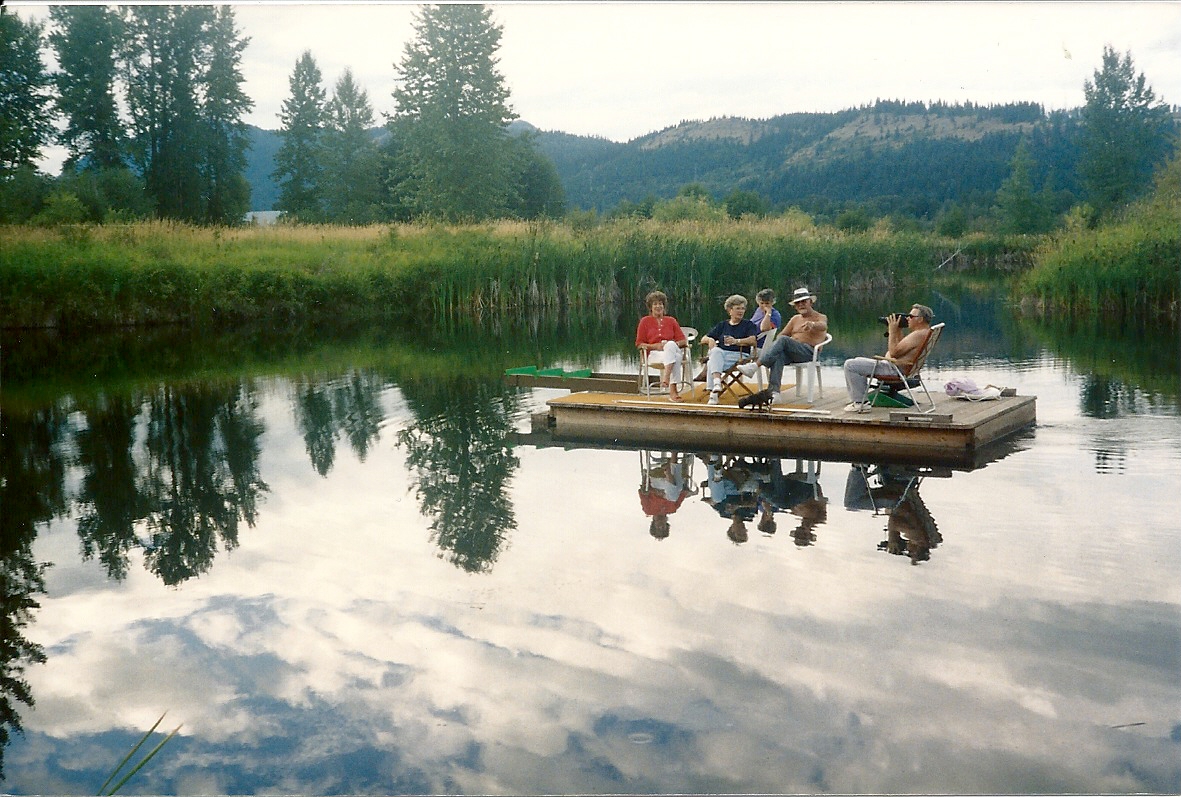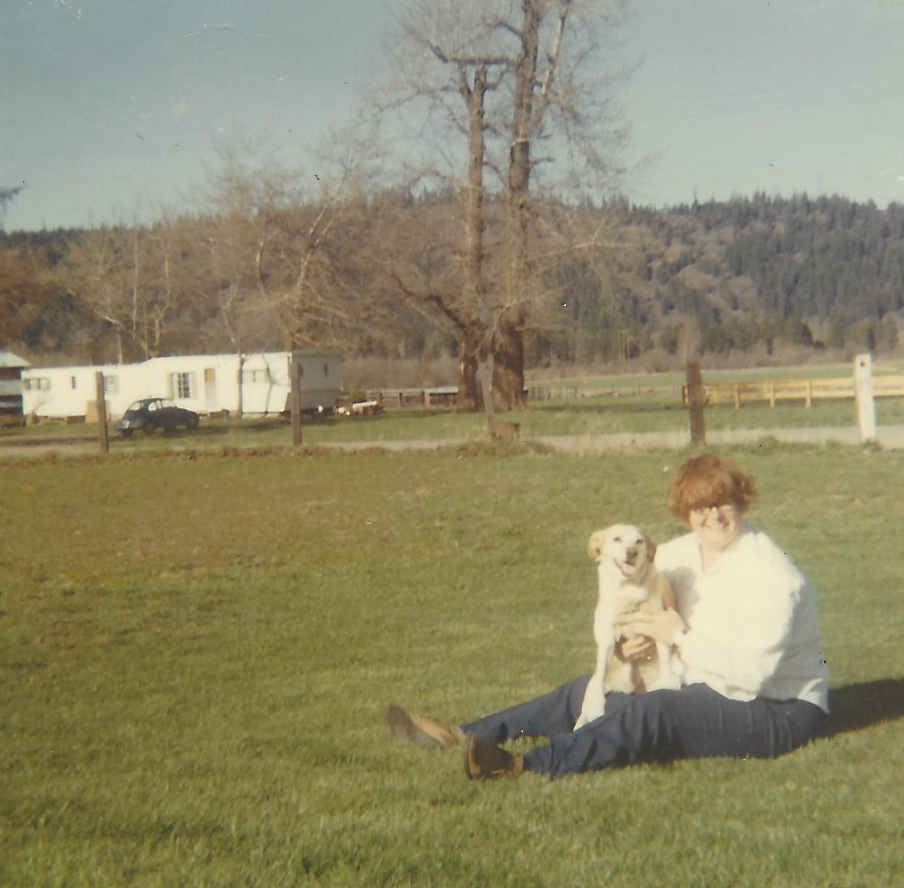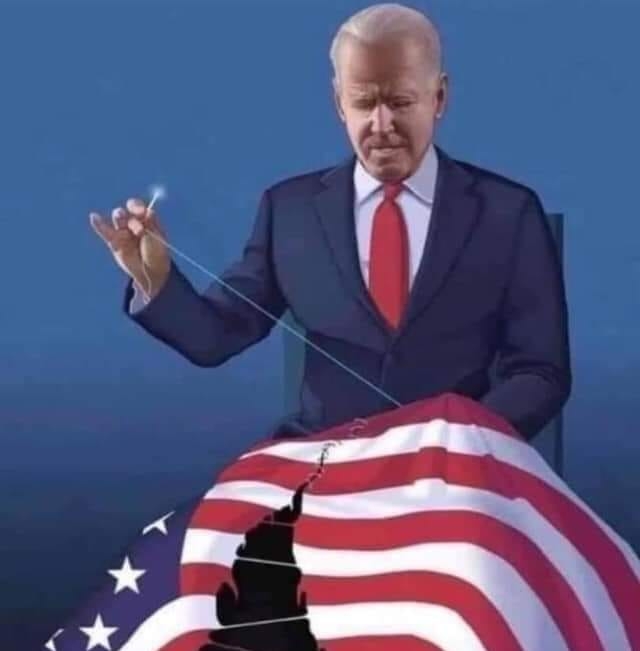This is a chapter from my book FLOATING AROUND HOLLYWOOD AND OTHER TOTALLY TRUE TALES OF TRIUMPH:
WHAT I LEARNED ON A RANCH IN CLE ELUM
I lived in Cle Elum from 1961 to 1971. These days I fondly call that decade “Dad’s cowboy years.” He had been a general contractor in Western Washington for decades and had decided to invest his small bounty in a ranch/farm. He probably figured he had everything he needed: an intense desire for a less hectic, less debilitating way of life; a willing wife and three daughters, ranging from age seven to thirteen. One of the girls was already an “animal nut” (yours truly); all four females were able-bodied and apparently game. The kids hadn’t been raised within sexist notions of what men and women could do—so off we went.
Dad bought 300 acres in Cle Elum, off Nelson Siding Road, a tractor, cattle (we already had horses, to herd the cattle), alfalfa and clover seed, and we moved from Tacoma. It was a terrifying change for me, since I was so shy. Everyone in town knew my name within a week, and used it freely when greeting me. All I wanted at that point was to retreat to Tacoma, where my friends were—and where strangers were strangers and you knew not to interface with anyone unless you darn sure knew them! (From this vantage point, I now realize that I was freaked out by Cle Elum’s outright civilized, beckoning behavior!)
We lived at first in an old two-story house which had at one time been a stagecoach stop for pioneers traveling east to west or west to east through Snoqualmie Pass. It was insulated with hundred year old newspapers, and in the surrounding areas during plowing season we dug up an old cow bell with the date 1859 on it, plus arrowheads, old coins and lots of other exciting treasures.
We heard Nelson Siding old-timers tell tales of how, when the snow was deepest in the winter, the stagecoaches would pull up to the TOP floor of the stagecoach stop to allow travelers to disembark, and how they would occasionally entertain themselves in the evenings by firing bullets at passing bands of Yakima Indians. I have no idea to this day whether those were real stories or just something our neighbors concocted to keep the younger set interested in their conversations—but I was enthralled. I would gaze out into the lower fields and imagine an Indian falling from his painted horse, mortally wounded on the ground. I would imagine members of his band picking him up and carrying him back for incineration on an elevated pyre, the way I had seen it done in Hollywood westerns. It was just the beginning of many reckonings I would have in what has since become “my beloved Cle Elum.”
When we’re kids we sometimes feel “put upon”—that all the chores, rules and other parental edicts or “rantings” serve only one purpose—to achieve THEIR goals. I felt many times that the goals for my own life were being thwarted by the time-consuming nature of THEIR goals—as though we were on opposite ends of a chasm and there was no way to bridge the gap. To make things even worse, there was a philosophical chasm: Dad felt that, “If you can’t grow it or build it, what good is it?”
I wanted to be a writer and he wasn’t even a reader—so as far as he was concerned, when I sat down to write, I was wasting valuable time on a frivolity! Of course, much later in life, he would throw his arm around me and proclaim me his “Hollywood daughter” and confess to me that he was glad I had argued with him and rebelled and kept bull-headedly engaged in what he had shrugged off as audacious “pie in the sky dreams”—but that was many years down the road. At that moment in time, it was all-out war between his goals and mine.
I rebelled, but not in the ways many kids do: I stayed, I “played their game,” but I did it with a scowl and with less than an enthusiastic attitude. I was miserable and I made sure they knew it.
But I was also a “cowgirl.” When not scowling—which I never did except in the presence of the irritants, to wit, bossy parents—I was actually digging most of the chores. I mean, what’s not to like about bottle-feeding calves, throwing hay to cattle, cleaning horse stalls (with the horse present), even driving a tractor?
My sisters did the “girl stuff” because both had allergies to hay. That doesn’t mean they didn’t have to feed cattle—they just didn’t have to mow the lawn or till the fields. Those chores belonged to Mom, Dad and me. Dad made sure that even my allergic sisters worked the ranch. It’s just luck that they survived, sometimes. I well recall more than a few bouts of anguished breathing, sneezing bouts and red eyes. Jackie in particular scratched herself raw on the inside of her arms at the elbows, trying to allay the mad itching which her exposure to the allergens caused.
But as to what I learned. I live in an urban environment now—Hollywood, California—and I am a “relative stranger” again in a culturally diverse community. You might think I learned nothing from my decade in Cle Elum that would serve me here. Not so.
In Cle Elum I learned the necessity of interacting with strangers—and I came to understand, painfully slowly, that each one is a potential friend and ally. During a re-visit to Cle Elum in 1998, I learned that, without the inherent kindness of strangers who NOW inhabit the area, I would have lost a beloved nephew to a bee sting. (God bless you, Zrebiec godsend! On your way to Mass that day, you stopped for a woman frantically waving beside a disabled car, and took on a large male passenger who was in shock and only minutes from death, and delivered him to the emergency room, where quick action by medics saved his life!)
In Cle Elum I learned that sometimes dads have more abilities as directors than as actors. As time went on, Dad did little work beyond directing—Mom and daughters did the lion’s share of the physical work while Dad spent afternoons and evenings on bar stools in Cle Elum. I learned that bankruptcy can follow a dream that is not constantly tended and nurtured by its founding principles, no matter how hard others try and make a go of it.
Cle Elum wasn’t my choice, as a ten year old. It was a scary, alien place filled with overly- friendly people who I felt were WAAAAY too knowledgeable about the newest strangers in their midst. But now I realize that without that decade in my life, to force me out of my self- conscious shell, I would not have been able to realize a single dream.
I haven’t left you, Cle Elum. I have brought you with me.
Life in Cle Elum shaped me into a whole new person—changed me from a mere dreamer into a pro-active doer. With help and devotion from teachers like Mrs. Choyce and Mr. Whitney through Alpha Rossetti and Walter Dobbs, I was encouraged to leave the comfort of a cocoon and become a thing with wings. Perhaps I’m merely a moth among butterflies—but at least I am no longer trapped, arms at my side, hoping for a miracle. Cle Elum made me realize that miracles happen as long as you believe in them and work hard for them.
THAT’S when you “get lucky”—not before.

Friends enjoying Horseshoe Lake in Cle Elum circa 2005
(Kris’s dad created the lake using a fertilizer bomb back in the 60’s.)




